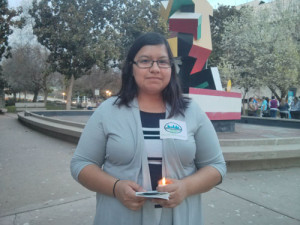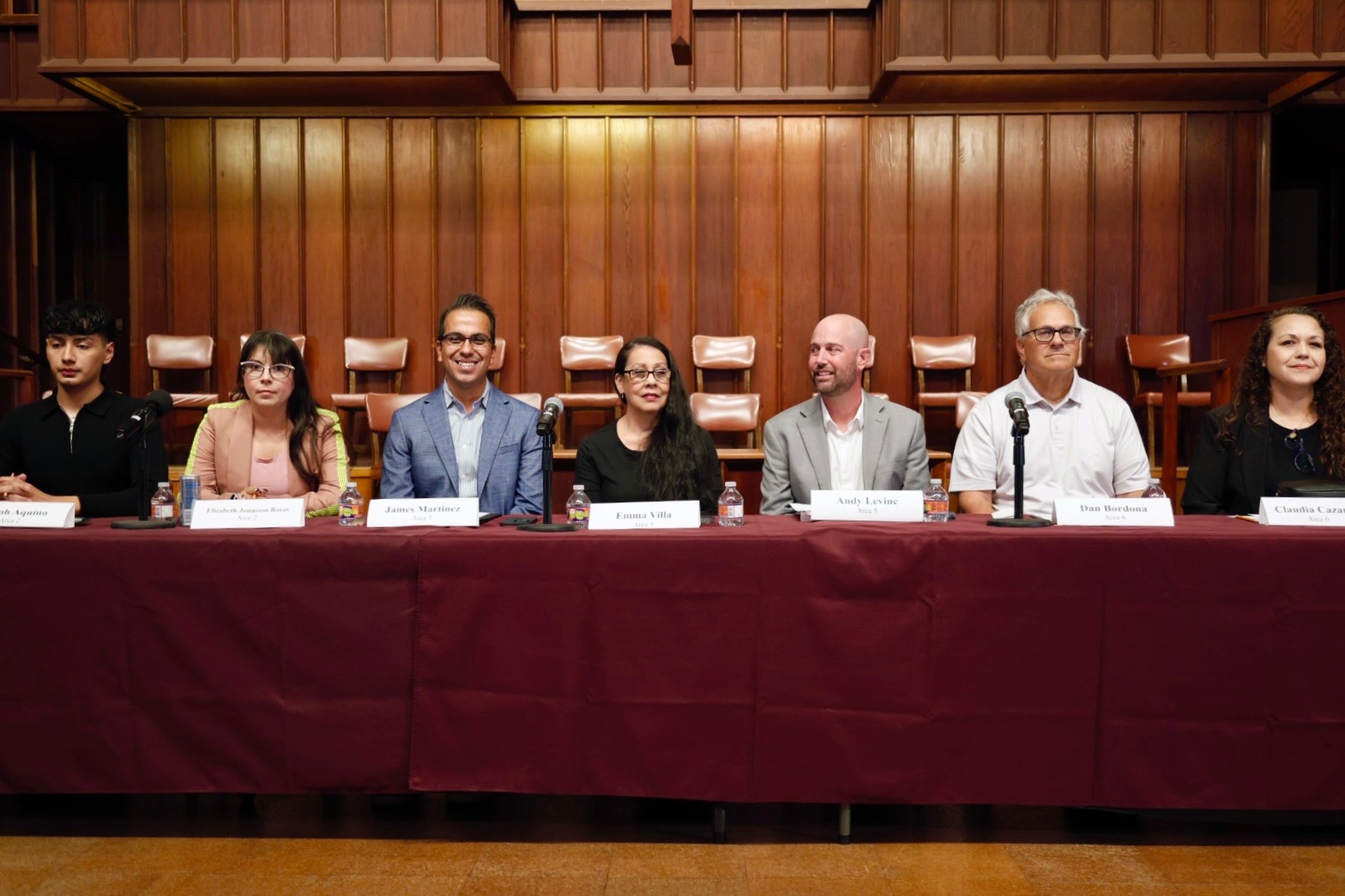by Miguel Bibanco and Tim Haydock
FRESNO — When Belen Avendano, an undocumented house-cleaner, was asked to clean an apartment right after it had been fumigated by her employer, she wasn’t in a position to refuse. And when the powerful chemicals used to rid the apartment of rodents and insects made her sick, the only way she could access affordable care was through Fresno County’s Medically Indigent Services Program (MISP).
Taking a precious day off of work, Avendano, applied for assistance through MISP, which allowed her to pay for the treatment and medication required to heal the infection caused by the pesticides. Avendano’s daughter, Grisante Valencia, would later say that if it weren’t for MISP, her mother “wouldn’t get treatment. The infection would have stayed in her body.”
A 1984 injunction requires Fresno County to provide health care for residents who cannot afford health care- including undocumented individuals. The County Board of Supervisors has announced plans to cut these services, backing out of a $20 million contract the County has with Community Medical Centers.
[pullquote_right]“do the right thing and support this program that is helping so many (people).”[/pullquote_right]
On Tuesday, the Fresno County Superior Court denied the County’s attempt to vacate their responsibility, giving MISP and it’s supporters a tentative victory. There is still the chance of a hearing, according to Judge Donald S. Black’s ruling.
The County estimates that between 4,500 and 5,000 people still rely upon the service to help pay for health care. And, though the expansions to Medi-Cal under the Affordable Care Act are often cited as one reason to cut MISP, there is a 5-year waiting period for new residents to be able to even apply to Medi-Cal. This means that there will be a large number of legal residents without access to the basic state and federal programs for health care.
Fresnans, “need to be aware that these programs benefit people of color and those are the programs being cut,” Valencia said. She voiced frustration that these cuts were made without consulting the affected communities, a sentiment that was shared by those that attended a prayer vigil Tuesday Feb. 25 at the courthouse.
About 50 people gathered, many of them with first-hand knowledge of MISP, to “fight for MISP,” according to Michelle Rodriguez. Rodriguez knows many hardworking and young people that use the services. She encouraged the funding of MISP because it allows, “people to live and contribute back into society.”

Rodriguez cited a friend who has dropped out of school to work more hours in order to afford health care for her chronic illness. She uses MISP and without it would not be able to pay for her monthly health costs, even while working full-time.
The prayer vigil buzzed because of the announcement that the tentative decision would require the county to keep MISP, but they realized that this issue is not yet resolved. Rodriguez urged Fresno County to, “do the right thing and support this program that is helping so many (people).”
[box_light]
Other MISP stories:
Op-Ed (Fresno Bee)– Armando X. Ochoa: Save indigent medical care
Vida en el Valle- Health care cancellation for Fresno County’s indigent?
Fresno Bee- Fresno Aims to Cut Health Care
[/box_light]

